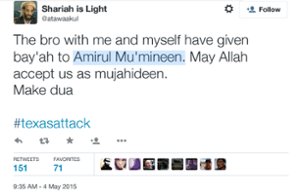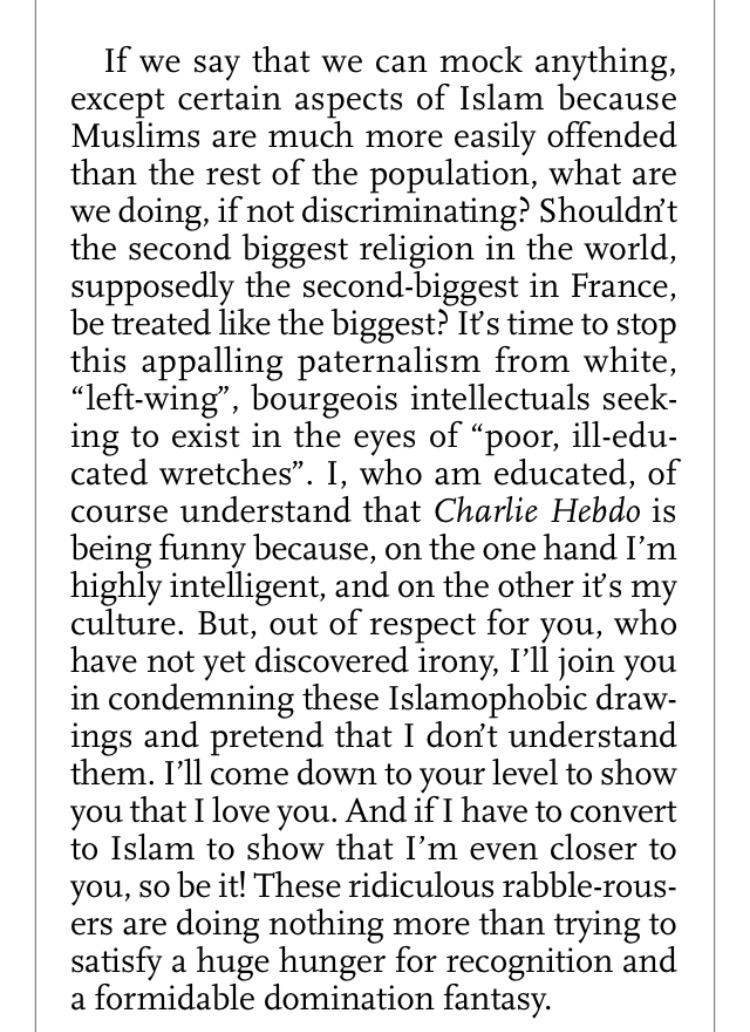A lot of Nepalese people go abroad to work, to places like Saudi Arabia and Qatar. After the earthquake, many of them very naturally wanted to go home to help family and friends. But there’s a catch…
Hundreds of thousands of Nepalese construction worker have been unable to go home, unable to check on their families and homes after last month’s massive earthquake. That’s according to the International Trade Union Confederation or ITUC. These are migrants working in Gulf states, and their jobs are controlled by a contract system that requires them to remain in the country where they’re employed for two years. Under the system of sponsorship called kefala, you can’t enter the country or leave it without permission from your sponsor. Last week, the ITUC announced it had written to Qatar, Saudi Arabia and the United Arab Emirates to ask them to suspend that system.
And of course Qatar, Saudi Arabia and the United Arab Emirates all eagerly agreed, and rushed to help facilitate? No. They haven’t even replied to the ITUC. NPR’s Robert Siegel talked to Tim Noonan, the director of campaigns and communications for the ITUC.
SIEGEL: Have you received a response from any of the countries I just mentioned that the kefala system might be waived to allow Nepalis to go back home?
NOONAN: No. It’s been several days now since we took contact with the authorities in those three countries to ask them to suspend the kefala restrictions. Unfortunately, we haven’t heard a response, and the information that we’re getting on the ground is that there is a serious and growing problem.
SIEGEL: A problem of Nepali workers wanting to go home and not being allowed to by their sponsors, contractors say.
NOONAN: That’s correct. The law requires migrant workers to have permission from their employer to leave the country. No change or suspension to that kefala law has been made. We do understand that some larger companies have been allowing, even helping, Nepalese workers to go home, but it’s really only a trickle. We know that many more haven’t been able to get that permission from their employer, and the governments are leaving those rules in place.
How humane, how compassionate, how caring and empathetic and full of human solidarity. Not.
How many people is this? A million. Half a million in Saudi, more than 300 thousand in Qatar, 200 thousand in the UAE.
SIEGEL: Is there any precedent for the kefala system ever being suspended because of any particular emergency?
NOONAN: To our knowledge, in relation to these three countries, no. There have, however, been in other countries. For example, in Bahrain, where there are still a large number of labor-related problems, the government did reform the kefala system and do away with the exit permit system. So Gulf countries can do this. It’s just a matter of whether they want to live according to modern rules or whether they want to remain in a feudal employment situation, which is the case in these three countries at the moment.
Zakat? Isn’t that one of the 5 pillars? I’m not seeing much zakat here.
(This is a syndicated post. Read the original at FreeThoughtBlogs.)







